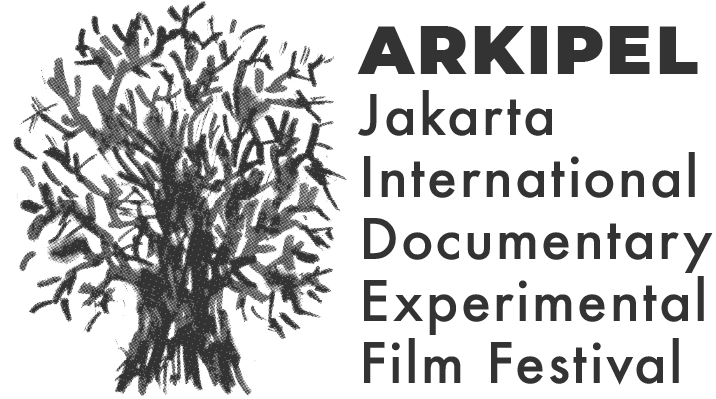august, 2016
Details
Zooming in as a way to zoom out Notes on the program The Politics of Language – From Subjection to Subjectivity Translation can help us understand each other. But it does not
Details
Zooming in as a way to zoom out
Notes on the program The Politics of Language – From Subjection to Subjectivity
Translation can help us understand each other. But it does not always “do the trick”. Sometimes, we have to acknowledge that there are thoughts and experiences and events and situations which are bound to local specificity and to the spoken word—in other words, we need to accept that there is a knowledge in everyday life that cannot be simply moved or traded by an exchange of words from one language to another.
I did not understand much of the ARKIPEL 2016: social/kapital statement. I believe that one of its claims is that the social/kapital condition splits us up again and again, so that it becomes difficult to think togetherness while simultaneously recognising differences. With difference, I do not mean essential human difference, but those differences that come out of our situatedness in different everyday life experiences.
Much of the most powerful globalised art world pretends that difference has been abolished by de-colonisation. This is not true. De-colonisation is still an ideal that has been put into practice only in a limited way. And difference, caused by all kinds of injustice, is deep in the heart of Europe. Imogen Stidtworthy’s video Barrabackslarrabang points to this.
Barrabackslarrabang gives voice to a language that is tied to poverty, discrimination, criminality and resistance. Originally invented by black people in Liverpool, a former center of the British slave trade, ‘backslang’ is not spoken very widely anymore and it is certainly not accepted by the authorities as a language at all. “Like all languages it is also a space of identification, a shared place in language, and it is spoken proudly,” writes the artist.
In language, subjectivity and subjection are intertwined. Imogen Stidtworthy opens up a space, in which a subaltern speaks his or her own. But because her video is positioned within the realm of the art world, which tends to aesthetise and fetishise work of art, the voices we hear are easily silenced. This is, I think, what the ARKIPEL’s statement calls “individualism in the body.”
This program attempts to zoom in on Barrabackslarrabang, in order to give it a context in which this work can forge new connections—and zoom out towards somewhere else. Implicitly, this program also argues that the concentration on something small, on something specific, on something local or in everyday life, does not preclude making meaning that allows us to form an image of the world.
The first part of The Politics of Language – From Subjection to Subjectivity places Barrabackslarrabang within a collection of films which all address power and subjection within language in a critical and rebellious way. In the second part, Barabacklarabang is again placed within a context of other films. But this time, film language itself is focused on. And while this ‘community of films’ is also critical and rebellious, it goes a step further: It deliriously phantasizes our language as another, more adequate language and our world as another, better world.
Time
(Thursday) 16:00 - 18:00
Location
kineforum
Jl. Cikini Raya 73, Jakarta - 10330

